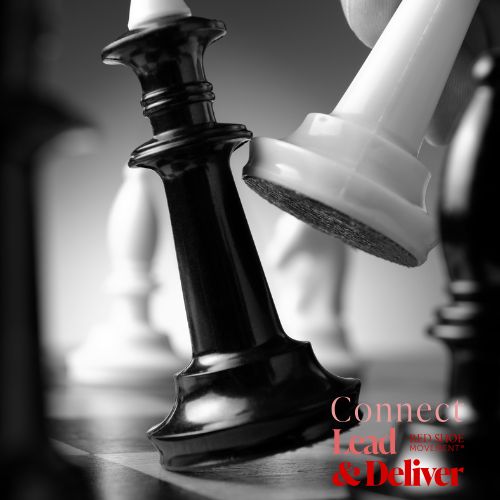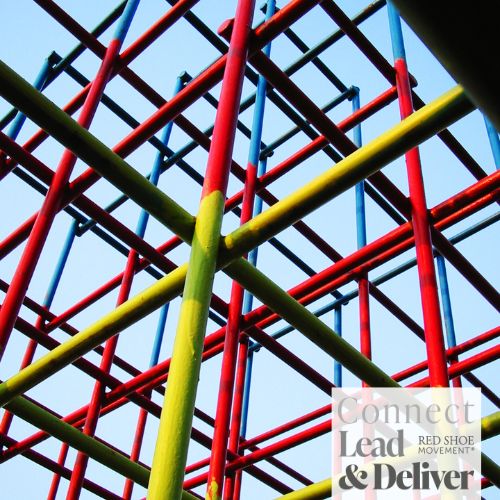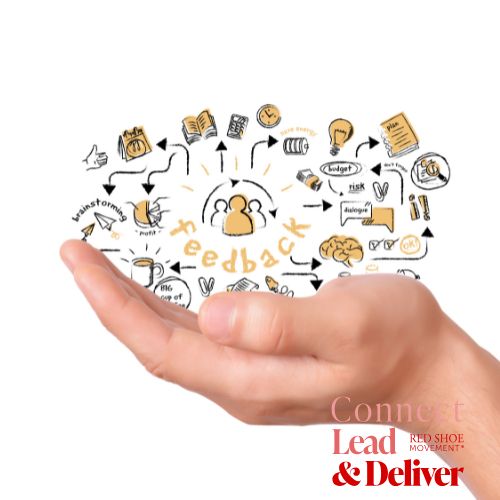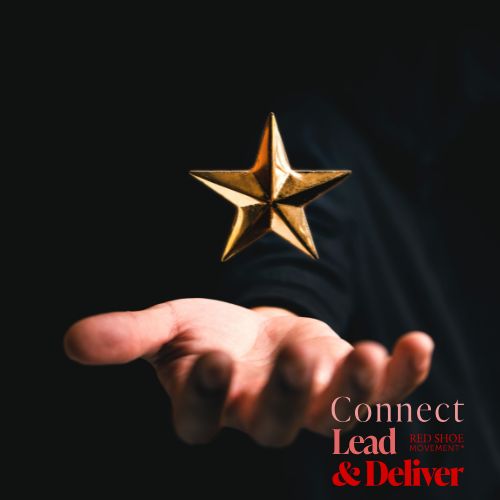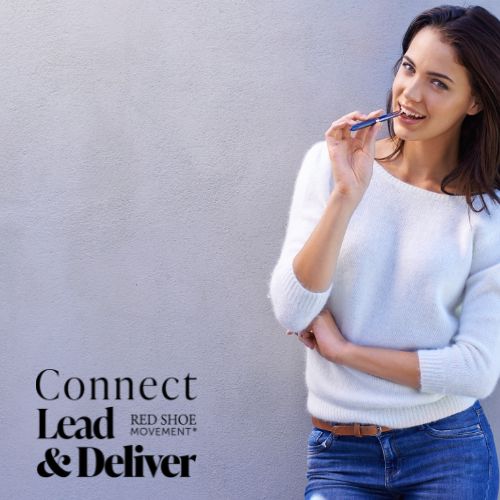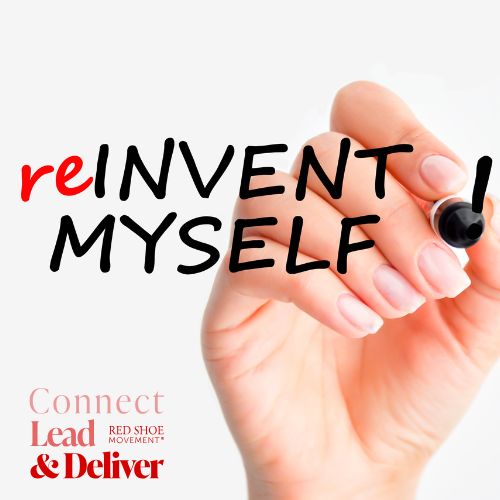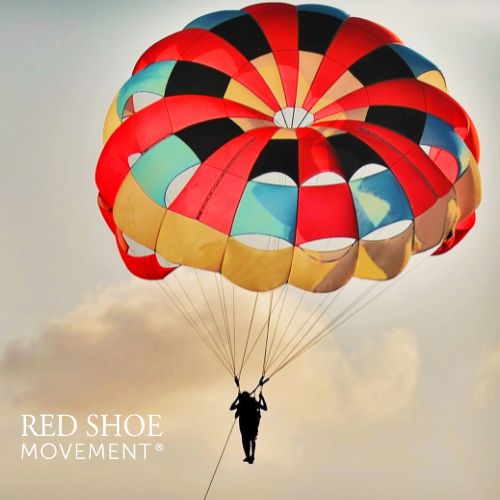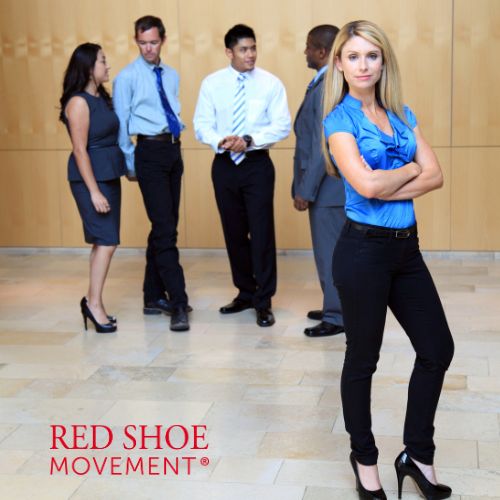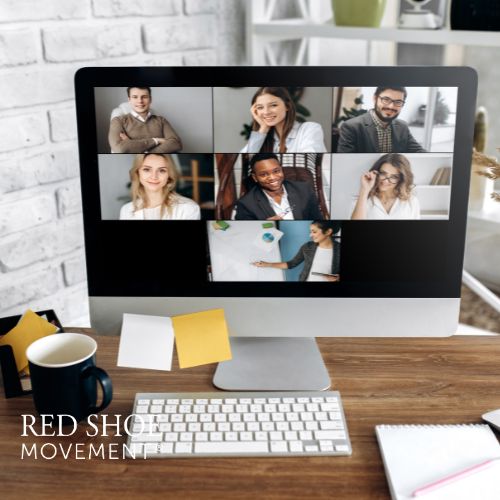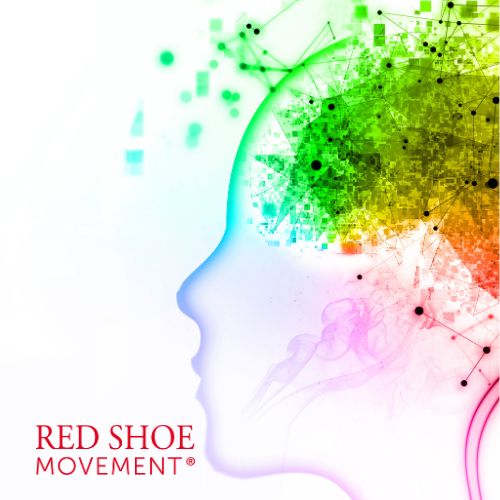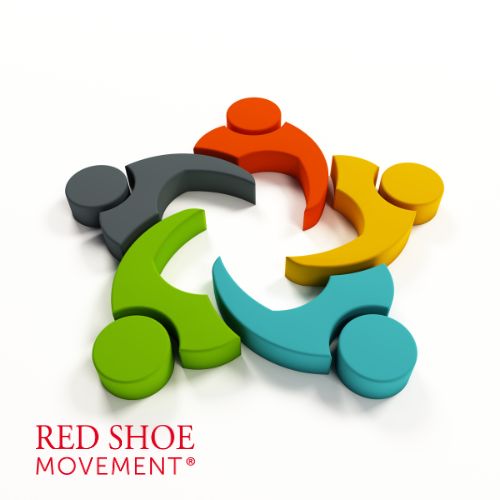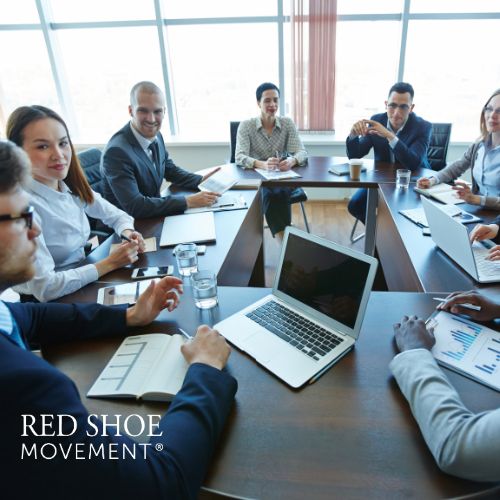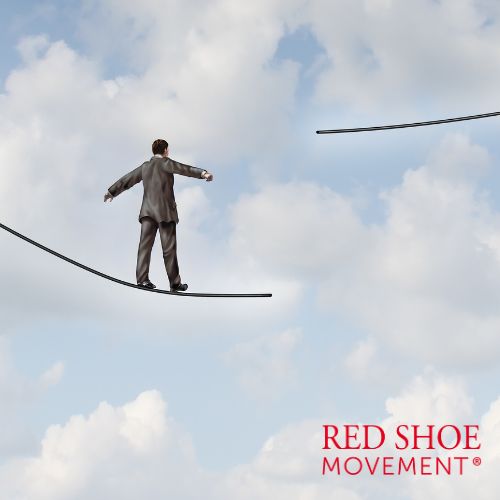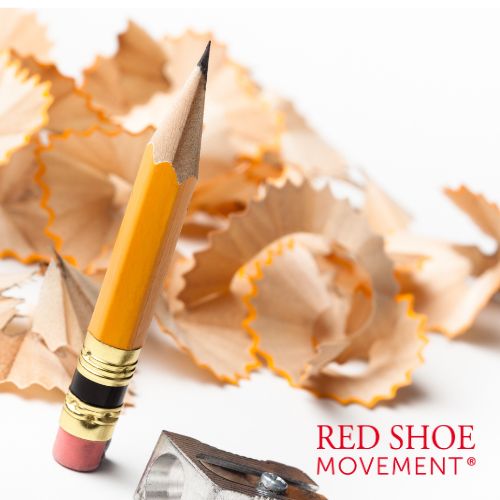Prioritizing mental health is a new mission for young entrepreneurs with no shortage of sources of stress. Studies show that members of Generation Z report higher rates of anxiety and depression than any other age group. However, they’re also more likely to prioritize mental health, seek help, and find healthier coping mechanisms through things like sports.
Isabella Ostos and Romina Palmero understand the importance of prioritizing mental health. Their personal struggles and experiences led them to create tutifruti, a project dedicated to building a network for women, BIPOC, and LGBTQ+ people to share their stories, learn, grow, and find safe spaces and community in skateparks all over the world.
We talked to Isa and Romina about tutifuti, mental health, a kinder approach to “failure,” and the diverse and supportive communities found at skateparks.
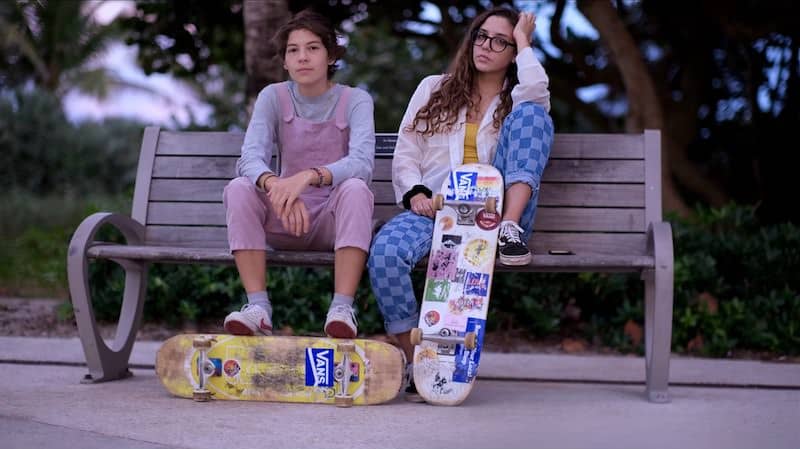
Mental Health and Young Entrepreneurs
ALI VERÁSTEGUI – Tell us about tutifruti and how you hope it’ll impact mental health for Gen Zers.
ISABELLA OSTOS – tutifruti began as an idea to help me cope with an emotionally abusive relationship I was in at the end of 2020. When I finally left, I realized I had a long road to recovery ahead. Leaving was the first step but I needed to let myself heal and process what happened. With the new year coming, I promised to allow myself to feel, accept, and learn from all the pain and trauma. To work on myself so I’d never be in that position again. tutifruti became an outlet to build a safer and stronger connection with myself and others. It has never been just about skating, but about sharing the human experience. For us, sharing the difficult and complicated parts of life is as important as the positive and happy moments. And that’s what’s special about what we do. The core of tutifruti speaks to the importance of mental health. The importance of integrity, honesty, compassion, acceptance, and healing. We strive to provide marginalized groups with resources and spaces to help them navigate their own mental wellness. We hope to bring visibility to much-needed conversations about mental health regardless of age, race, gender, etc.
ROMINA PALMERO – We work with these marginalized groups because of the unique mental wellness challenges they face. Sincerely, I think we hope it will have the same impact on Gen Z as any other age group. We want to raise awareness about mental health, for people to learn to recognize when they (or someone else) need help and find ways to cope with the different challenges of being a person in the world.
AV – What are some of the issues impacting mental health for Gen Zers and how can skateboarding and sports help approach them?
IO – We live in a society that has normalized unhealthy habits, expectations, and definitions of success. Displaying a narcissistic behavior is subconsciously praised. Technology and social media have 100% impacted the way we understand each other and ourselves. For younger generations, these forms of technology have been present their whole life. Meaning that, unless you have been raised off the grid, your understating of life has been impacted and influenced severely by the internet. Statistics for Gen Z show a spike on suicide rates, depression, and anxiety, all linked to the ‘Am I social media worthy?’ cultural phenomenon. tutifruti, along with organizations like Free Movement, The Ben Raemers Foundation, and Push to Heal, have prioritized genuine connections, and redefined what a safe space feels like. Our goal is never about finding “the best”, every stage is sacred and equally important. We focus on the lessons and the emotional growth we experience learning to skate. I believe that we as individuals can excel and learn to be better friends to ourselves and others in a healthy community setting. Skating as a sport is founded on this sense of community, which makes it safe to be vulnerable.
RP – There is no shortage of evidence that Gen Z is struggling. This is the generation with the highest rates of depression and anxiety. School shootings, social media, and COVID are just some of the factors that are impacting our mental health, on top of all the stress of regular life. But this is also the generation with the highest willingness to learn about mental health and receive professional help. Therapy isn’t everything, though. Lifestyle changes are a large part of getting healthy and research supports the importance of exercise. Keeping up with your physical health is a huge factor and sports are a great way to stay active and have fun. Sports can teach you about your body, help you learn from others, and boost emotional and physical strength. Physical activity is also a healthy coping mechanism, even something as simple as walking makes a difference. Getting motivated can be difficult for people, but sports like skating allow freedom to “play” without it feeling like “exercise.”
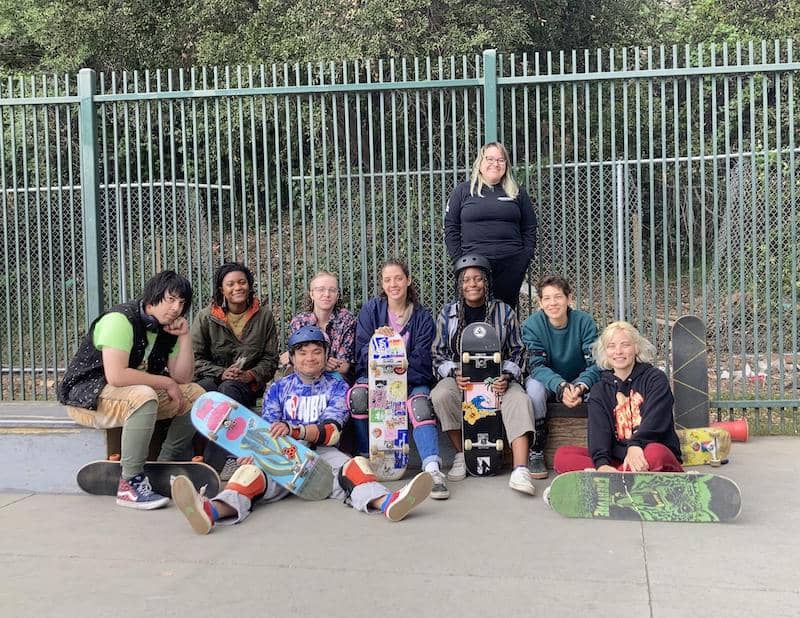
Integrating Skating and Mental Health
AV – What is it about skateboarding that can positively impact women, LGBTQ+ and other marginalized communities specifically?
RP – Skateboarding has historically been a sport dominated by cishet white men. Whether it was the marketable beginnings in California or the later punk-centered subculture, women were always the minority and had to work hard to carve a space for themselves. But we are in a moment in skating history where there is huge interest from marginalized communities. We’re tired of not pursuing what we want out of fear. There are so many amazing crews and organizations all over the world encouraging women, LGBTQ+ people, and BIPOC to take up skating. If there isn’t one in your city, there is a community waiting for it. This structure of engagement centered around community, around feeling safe surrounded by people who look like you, can have a long-lasting impact. It’s unbelievably empowering to learn something new with like-minded people, especially when you get to exist in spaces you never felt comfortable in before.
IO – Skateboarding has lacked spaces for women, BIPOC, and LGBTQ individuals. In recent years, however, we’ve seen a rapid growth of grassroots collective, skate crews, and organizations led by ordinary people looking to create safe spaces. It’s hard to explain the magic of these meetups. They’re moments where you acknowledge everyone tried to show up despite of what they have going on. For many, these are the highlights of their week or month. I think most of us, but especially younger generations, struggle with the question of who we “should” be or look like to be accepted. As I mentioned, social media perpetuates unhealthy and unrealistic views of the world and what it’s perceived as acceptable is often damaging to our sense of belonging and self-love. But when you are surrounded by loving, caring, supportive, respectful, and compassionate people at the skatepark, you realize the possibility of feeling seen is real and tangible. That despite how different we may be, we all want to be loved and accepted for who we are. These safe spaces may be the right settings to learn how to love, respect, and accept our true selves.
Impostor syndrome in young people
AV – What it has meant for you to recognize yourself as a part of the LGBTQ+ community? How do you show your pride every day?
IO – I celebrate my identity, gender, and sexuality by just existing and embracing my feelings. Sometimes I wake up and I feel more feminine, but maybe the next day I wake up feeling a little more masculine, and most of the time I feel like neither. I am more comfortable saying that I feel like Isa. It’s complicated because these labels are based on a social construct that I fundamentally disagree with. I use the terms “masculine” and “feminine” because my existence in this system has been politicized and certain gender expectations have been imposed by default, but in the end, I don’t agree. Nor do I feel seen by what these labels claim to represent.
RP – I have been out for a long time. My older sister came out before me, and my middle school years were spent attending the neighboring high school’s GSA meetings (the Gay-Straight Alliance until it was changed to Gender-Sexuality Alliance under my leadership). I was an active member of the community all my teen years, attending Pride and local Queer events in Fort Lauderdale or Miami. While I love these kinds of experiences, I think the true way we show pride every day is simply by existing as people in the community. Being good friends, partners, neighbors, parents, educators, leaders: this is what pride means to me. Showing love to everyone in your life so they can share that love in the future.
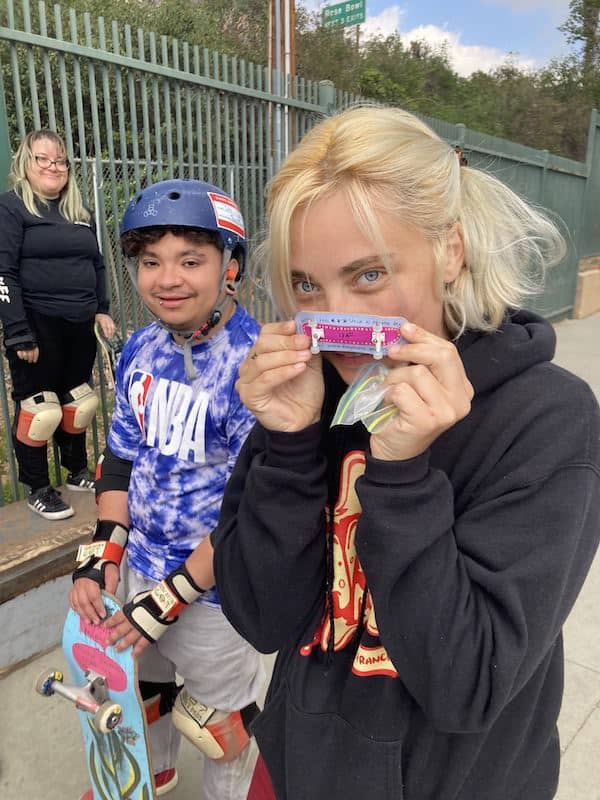
No Learning Without Failing
AV – You place a beautiful emphasis on the importance of learning to fall, how does that help when talking about mental health?
IO – Learning and growing are painful and slow processes. Whether it’s in skating or real life. We tend to recognize success without understanding all the pain, mistakes, doubt, and ups and downs that allow someone to reach that point. With tutifruti we emphasize the importance of accepting we will fall no matter what. And of learning how to fall so that we can get back up. I’m not just talking about skateboarding, but about the relationship we have with our inner selves. When we accept that falling is inevitable, we let self-compassion be the driving force of how we treat ourselves after “failing.” It’s necessary to make mistakes to understand our boundaries, fears, insecurities, values, and patterns. Part of “failing” is taking responsibility for your choices and making changes to avoid old mistakes and allow growth. When you start skating, every “failed” attempt gives you confidence that helps you trust you’ll make the right move. This dynamic mirrors our emotional lives outside a skatepark. Our mental health relies on our curiosity and need to explore ourselves and learn about who we are. It’s about asking the painful but necessary questions. And about experiencing life in an intentional way. We must fall so we can grow, change, and honor ourselves.
RP – Skating is a perfect vessel for talking through the challenges of working on your mental health. There’s no way to learn without falling. It doesn’t matter what level you’re in, even Olympians stumble half the time. So, your goal isn’t to avoid falling, it’s learning how to fall in a “safe” way. Learning and changing requires a very similar process. When you’re trying to improve your mental health, setting realistic expectations, and having compassion for your journey is incredibly important. You’re bound to make mistakes, get hurt, hurt others, and do the wrong thing sometimes. It can be as small as a scrape or as big as a broken bone, but in skating and life, the only thing you can do is get up and keep trying when you’re ready. Trust you’ll get there eventually. And you need to know when to take breaks.
AV – Do you feel something about skateboarding makes it easier to share and connect?
IO – Absolutely! Skateboarding is a terrifying sport and it can get very emotionally frustrating. Some people spend months or years perfecting one trick, and I think that’s why it’s such a great bonding experience. It doesn’t matter who you know at the skatepark, when someone lands a trick, everybody is happy and excited! We know how much time, perseverance, patience, and commitment it takes to follow through with something that may hurt you, so when it happens it’s impossible not to celebrate. Skating requires you to be vulnerable and forces you to ask for help when you fall or need advice unlocking a trick. It requires you to trust that those around you will be there if you fall and hurt yourself. And it pushes you to trust your instincts, even when your brain is telling you that you shouldn’t throw yourself down a ramp or bowl. I believe it can be more of a mental/emotional exercise because so much time is spent trying to overcome the blocks that keep you from following through.
RP – It’s very humbling to fall in front of people, you are kind of immediately vulnerable. You fail constantly when you’re still learning. Skateboarding can be very communal. People want to help you, likely because somebody once helped them. There’s also the fact that, if you do fall you’ll want there to be people around to help you get back up. Plus, everyone at a skatepark can appreciate when someone has put a lot of work into something. You get this unique experience of being very vulnerable while also getting encouragement and support. It creates a safe space to be open and honest. The friends you make while skating can be the type of friends who you feel you’ve known an entire lifetime, and it has to do with the formula skating provides to foster strong relationships.
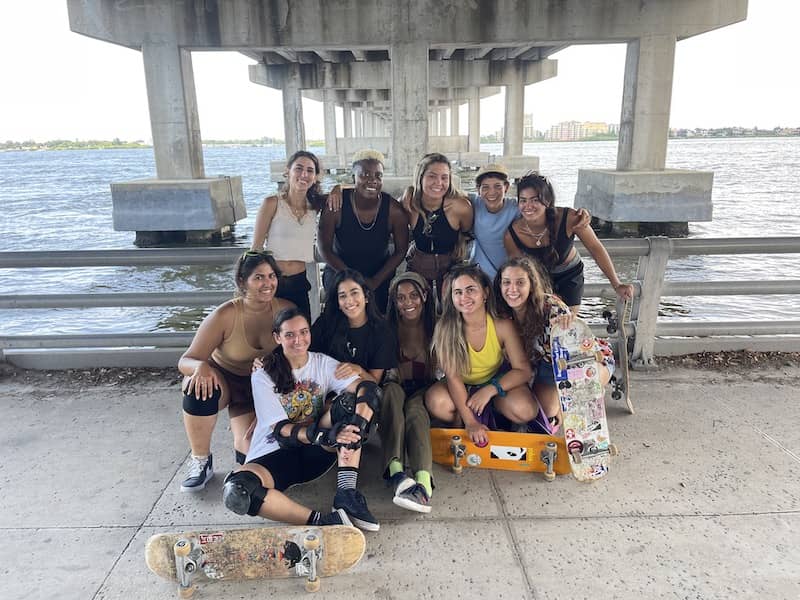
Growth and Prioritizing Mental Health
AV – How have you grown and changed since you began working on tutifruti?
IO – I feel I am a completely different person. I’m not perfect (I don’t even know what that means), but in an emotional sense, I’ve grown immensely! I never expected the project to become what it is, and I couldn’t be more grateful. This past year and a half changed my life in every possible way. Of course, it’s not all because of tutifruti. It also has to do with the work I’ve put on myself outside of the project. One of the biggest changes is how I talk to myself. After I left that abusive relationship, my self-esteem was nonexistent. My internal monologue consisted of my abuser’s voice telling me I was a terrible person and deserved nothing. It was painful, I was afraid to do anything for months. It didn’t matter that I wasn’t in that situation anymore, I felt trapped in all the times I was made to feel like nothing. I could hear their voice tormenting me and it was exhausting. Romina and my friends helped me overcome this by reminding me what healthy relationships look like. Traveling also helped me trust people again, because it forced me to open myself up to strangers and practice what I was learning in therapy.
RP – I like to think of myself as a person who is always striving to grow and change. But since the beginning of this project, I’ve done more new things, seen more new places, and had more new experiences. I feel like I’m a completely different person in a lot of ways. Of course, at my core I’m still me. But that “me” is shifting every day and that excites me. I have prioritized my mental health most of my life, mostly out of necessity to deal with my own mental illness. I’ve had the opportunity to talk about mental health openly, without feeling judged or looked at differently. It’s been liberating and validating. It makes my mind a lot less scary.
AV – Tell us about the athletes you’ve worked with.
IO – We’ve had the opportunity to meet skaters from all over the world! Some skate for fun, others because they want to become professionals, and some used to be pros but decided to quit to focus on themselves. That’s the beauty of skateparks, you don’t realize how often you may be skating with a legend or a present-day pro. Regardless of skill, we are always inspired to capture everyone’s journey. I’ve learned new things from people of all ages, including children. And I love that because it’s in those moments that you realize that age is meaningless. We think of progress as a linear or age dependent experience, but in skating it’s all over the place and that’s very exciting.
RP – We’ve had the amazing opportunity to skate with, photograph, and/or befriend a lot of amazing skaters. We’ve met people who used to be pro but quit and skaters looking at a future competing internationally. Some are beginning to compete locally and getting more confident and some just began skating this year. We’ve photographed people on their first day and have had the wonderful opportunity to give some of them their first skateboard. I am proud and amazed by everyone we spend time with.
Young Women in Tech

AV – How would you like to see tutifruti grow and evolve? How can people support your mission?
IO – What I want is for tutifruti to keep prioritizing the safety, growth, and journey of those we work with. We want to work with local communities to build skateparks around the world that essentially work as community centers where people can teach and learn from each other. Skateboarding ties art, mental wellness, and physical wellness, so we believe these spaces can foster a sense of community. The best way to support us is by sharing our story! And, if possible, by donating and purchasing merchandise.
RP – I want tutifruti to be an organization that really serves communities and can bridge the gap of accessibility in mental health, as well as skating, for marginalized people. The easiest way to support us is to keep up with us and share our stuff. If you really like what we’re doing, you can donate to our Go Fund Me to fund our tour, buy merch, or donate if you’re feeling generous.





